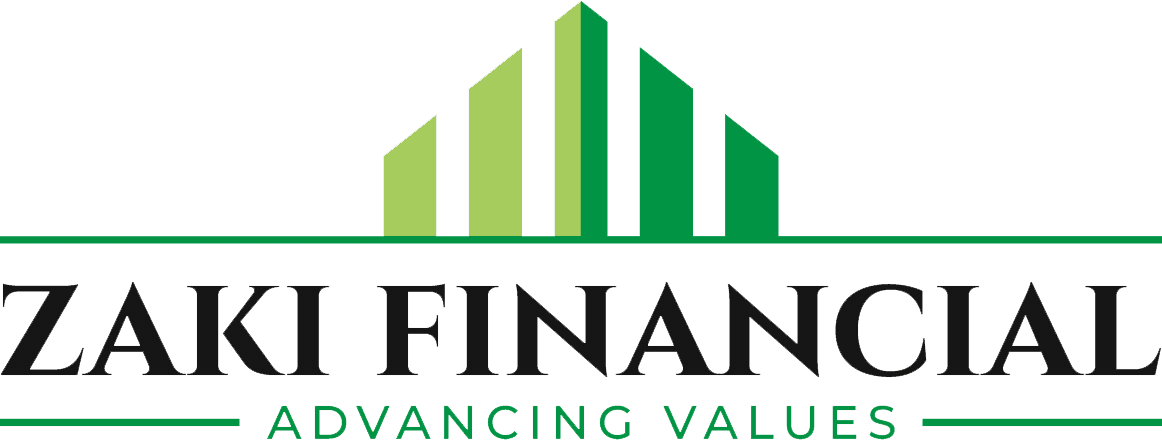Islamic Investment Allocation
Amidst the plethora of investment options, a crucial question arises: which investments are permissible in Islam, and how should we allocate them?
Investment types are:
Cash and cash equivalent like saving accounts, CDs, and money market accounts
Stocks, mutual funds and ETFs
Fixed income like bonds and Sukuk
Real estate, which includes REITs, rental properties, and project development.
Commodities like precious metals and agricultural products
Alternative investments such as cryptocurrency, private placement, private capital, venture, hedge funds, partnerships and collectibles
Business, either as an active or passive partner
We will answer which investment type is compatible with Islam in a separate article. The question we're going to address here is the right allocation between all types of investments.
The standard rule in the investment world is that you become more conservative as you get closer to the retirement age. So, you minimize stocks, and you increase fixed income. This is why we see retirement funds now named after retirement years. For example, you would see "retirement fund 2030," "retirement fund 2040," and so forth. You would also see advisors allocating investments between stocks and bonds based on age. For example, at age 40, you would have 60% stocks and 40% bonds, and at 50, you would have 50/50, and at 60, you would have 60% bonds and 40% stocks, and so forth.
Islamically, you could follow the same rule and replace bonds with Sukuk or real estate investment (REITs are not halal for the most part). I believe people should pay off their house and consider it a fixed-income investment. The intended increase of fixed income with age fits very well in the payoff process of houses, as people have low equity early on, and the percentage of equity goes up dramatically towards the end.
In addition, even within the stock portfolio, people should concentrate on aggressive stocks like growth ones early on and slowly introduce conservative stocks like income ones until they have most of their portfolio in income stocks at retirement.
I'm also a firm proponent of establishing your own business or being an active or passive partner in a business at any stage of your investment life. However, I suggest that you enter a business that is relevant to you, that you have researched, and that you are comfortable with. You should not invest over 20% of your wealth even with that. If you have a business that you are unfamiliar with but you trust the business plan and the people in charge, you should not invest more than 10% of your wealth.
At this point, I recommend against using cryptocurrency or investing less than 5% of your investment portfolio in it. Other investments are either not allowed in Islam or too sophisticated for the average investor and are used mainly by the super-wealthy.
In the end, my advice is to seek the consultation of a financial advisor or financial planner, especially one with adequate Islamic knowledge. It's well worth the money. They can help you allocate well, monitor your allocation over time, and save you a lot of hassle and trouble.
